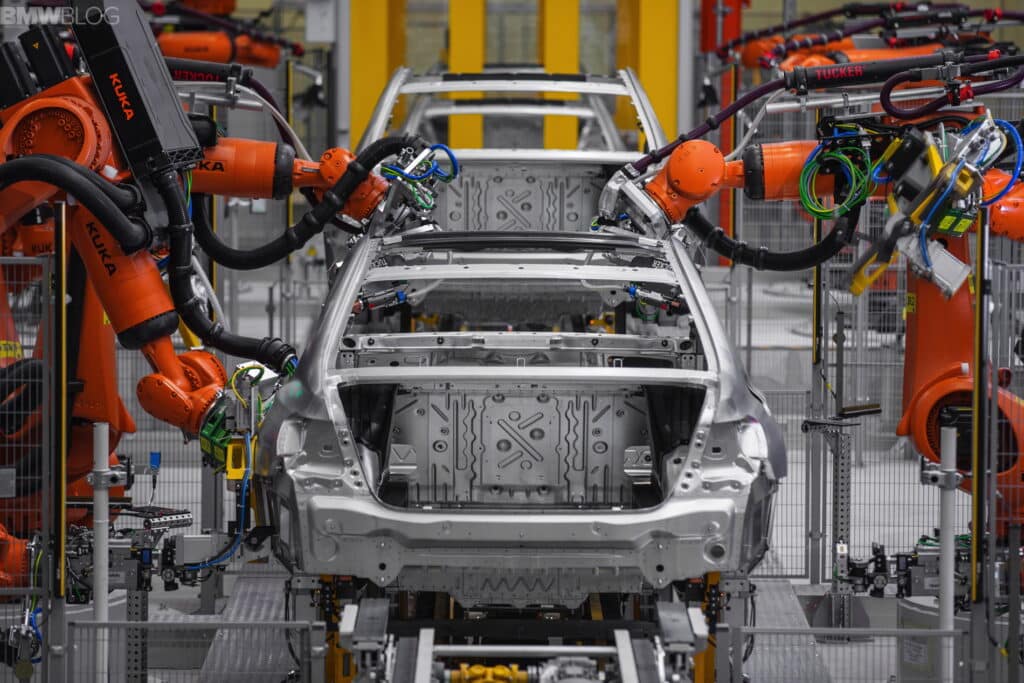BMW is reassessing jobs at its Swindon manufacturing facility following the layoff of 180 temporary workers at its Oxford plant. The shift comes in response to a new 25% tariff on vehicles imported from the UK into the United States—part of a broader pattern of trade pressures that is reshaping the global automotive industry.
The Swindon plant
The Swindon plant, which employs around 500 people, plays a critical role in producing body components and metal pressings for MINI models assembled in Oxford. BMW has warned that staffing levels in Swindon could be adjusted proportionally to those already seen in Oxford, depending on how tariffs on vehicles continue to evolve.
These developments mark the second wave of temporary job cuts since 2023, with BMW emphasizing that no permanent roles have been affected to date. The company has committed to engaging with trade unions and staff before implementing any additional workforce changes.
While BMW recently secured planning approval to expand the Swindon site—aiming to boost efficiency and safeguard jobs—the economic impact of U.S. tariffs on UK vehicle imports is now driving the company to reconsider its staffing strategy. Executives say the measures are part of a larger push to maintain operational agility amid global uncertainty.
Cautious optimism
BMW expressed cautious optimism that the current U.S. administration may reduce tariffs on vehicles as early as July. The company is reportedly engaged in high-level discussions with American policymakers and believes its case is gaining traction. Still, BMW leadership acknowledged that current tariffs could significantly affect second-quarter financial results.
With its largest manufacturing facility based in the U.S., BMW is also the country’s top auto exporter by value. This dual-market exposure underscores the stakes involved in resolving international tariff disputes—and why BMW is closely monitoring developments on both sides of the Atlantic.
For now, the automaker is prioritizing workforce flexibility and long-term planning to navigate what it calls an “evolving economic landscape.” Whether Swindon sees further cuts will depend heavily on how U.S. trade policy unfolds in the coming months.

